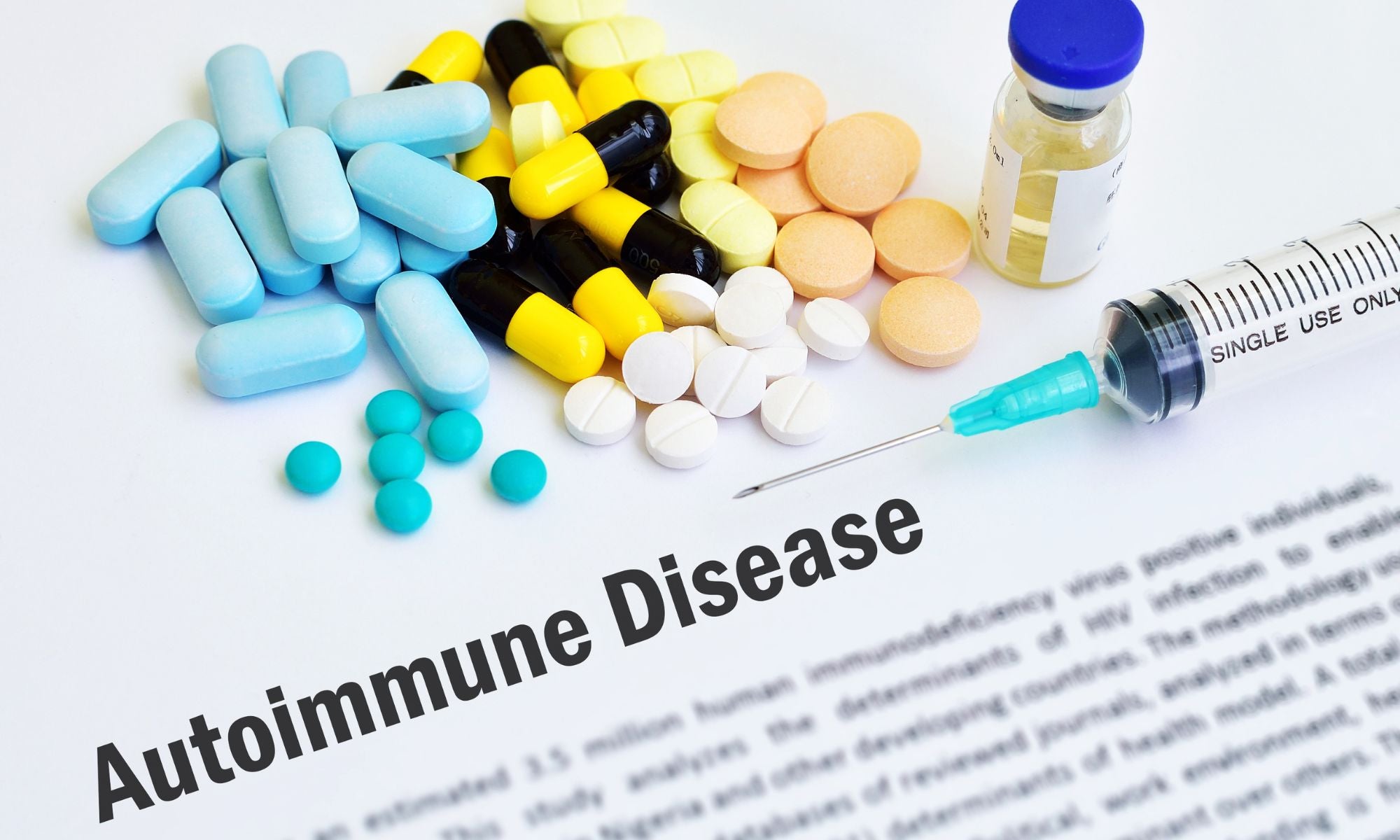
PROBIOTICS FOR PSORIASIS RELIEF
Is There a Connection Between Probiotics and Psoriasis?
Probiotics are live bacteria that are good for the body.
The human body consists of more than 100 trillion bacteria. Each person’s group of microbes, also known as a microbiome, is uniquely different.
For almost 30 years, scientists have been researching the connection between the gut microbes and certain diseases, such as psoriasis.
A recent study proposes that probiotic consumption might be able to assist in treating psoriasis.
How Do Probiotics Help with Psoriasis Treatment?

Those who suffer from psoriasis regularly have greater levels of inflammation-causing bacteria lurking up inside their intestines. If you incorporate a probiotic-rich diet into your lifestyle, it might be able to help balance the bacteria in your intestines.
This is due to the fact that probiotics fuel the T cells of your body. T cells are in charge of the regulation of your immune system. In addition, they also help in lowering symptoms of inflammation.
Various research indicates that probiotics may be able to improve the symptoms of those who suffer from:
- diarrhea
- irritable bowel syndrome (IBS)
- urinary tract yeast infections
What Do Experts Say About This?
Certain gut microbes may provide benefits to the human body way past the intestines. For people who are suffering from psoriasis, they may experience a reduction in their skin inflammation.
A 2012 case study followed the probiotic treatment of a woman suffering from pustular psoriasis. Unfortunately, her condition was not doing well with traditional treatments. Medical experts explored other alternatives to help her. The woman was placed on the probiotic Lactobacillus.
Lactobacillus is a type of probiotic that is commonly used in cheese, yogurt, and most fermented foods. In just 2 weeks, her skin inflammation started to diminish.
Another study observed the impact of the probiotic Bifidobacterium infantis 35624 on psoriasis patients. Experts resolved that consuming the said probiotic orally was able to lessen the biomarkers for inflammation.
Even though many studies have been conducted and amazing results were discovered, the U.S. Food and Drug Administration (FDA) still hasn’t approved probiotics as a treatment for any type of disease.
More studies have to be conducted to be certain which probiotic strains are most helpful for a specific health condition.
How Do I Incorporate Probiotics to My Routine?

Incorporating probiotic-rich foods to your regular diet is the easiest way to introduce these beneficial bacteria into your body.
Food rich in probiotics are:
- Yogurt
- Fermented cheeses (Parmesan, Cheddar)
- Pickles
- Sauerkraut
- Kefir
- Kimchi
 Aside from consuming probiotic-rich foods, you can also take a probiotic supplement. However, consulting your doctor before you try any supplement is a must. A medical professional will be able to help you determine the best option and choose the right supplements for your health condition.
Aside from consuming probiotic-rich foods, you can also take a probiotic supplement. However, consulting your doctor before you try any supplement is a must. A medical professional will be able to help you determine the best option and choose the right supplements for your health condition.
What are the Usual Treatments for Psoriasis?

The common types of treatments for psoriasis vary. It depends on different factors such as the severity of the rash, where it is placed in your body, and how your body reacts to a certain treatment.
For those have mild to moderate outbreaks, topical ointments are usually enough. These ointments or creams may hold corticosteroids, vitamin A, vitamin D, or coal tar. Some topical treatments have to be prescribed by a doctor. Others, however, can be bought over the counter.
For those who have serious outbreaks, systemic drugs, immune suppressants, or biologics may be required. If combined with other types of treatments, a phototherapy and laser therapies may also be effective in treating the condition.
In case you have a psoriasis flare, pay attention to your general status at the period of onset. Take note of any food you ate, beverages you drank, or medications that you took. Doing this will help you detect potential triggers.
Smoking, certain medications, and too much stress are the most common triggers. Some have said that certain foods, heat, and even perfumes canstart out a psoriasis flare. Be sensitive to your body and know your potential triggers.
Conclusion
 Probiotics assist in maintaining a good balance of beneficial gut bacteria. Experts have confidence in probiotics that it may have a good impact on monitoring, and even inhibiting, lasting inflammation due to psoriasis.
Probiotics assist in maintaining a good balance of beneficial gut bacteria. Experts have confidence in probiotics that it may have a good impact on monitoring, and even inhibiting, lasting inflammation due to psoriasis.
If you want to incorporate probiotics into your psoriasis treatment, it is best to take note of the type of probiotics you consume and the results from each one of them. Doing this will make it easier for you to determine the changes and developments from each probiotic.
Reaping the benefits of probiotics is not something that will happen instantly. In the meantime, continue with your psoriasis treatment. Make sure that you keep your skin clean and lubricated. Do not forget to apply the prescribed ointments and take the prescribed medicines on time. If you notice something unusual, talk to your doctor about it immediately.












